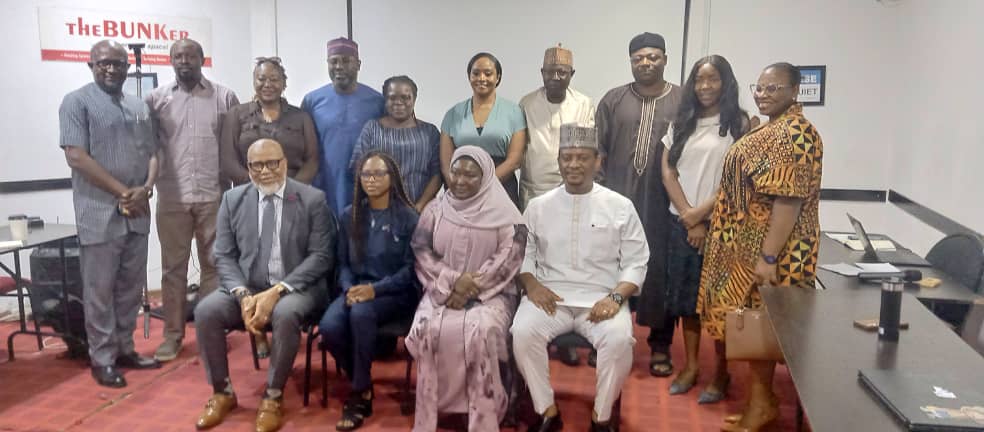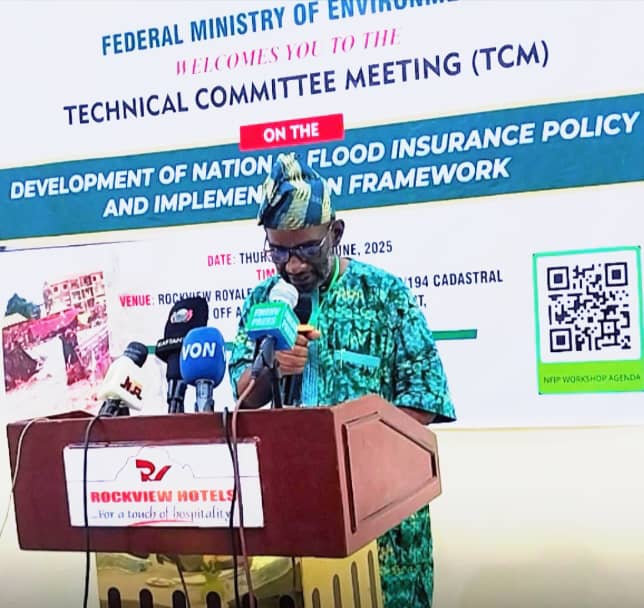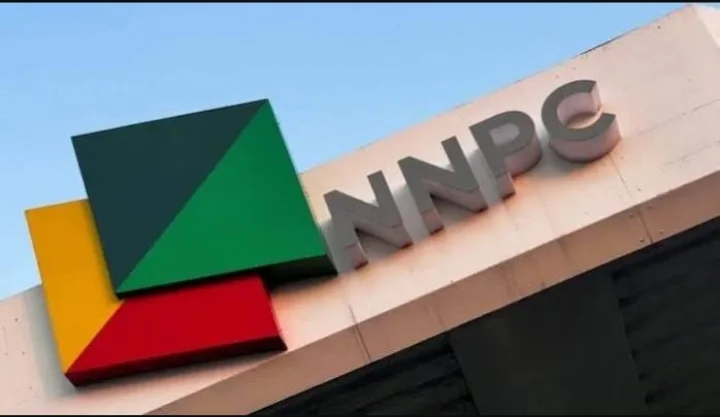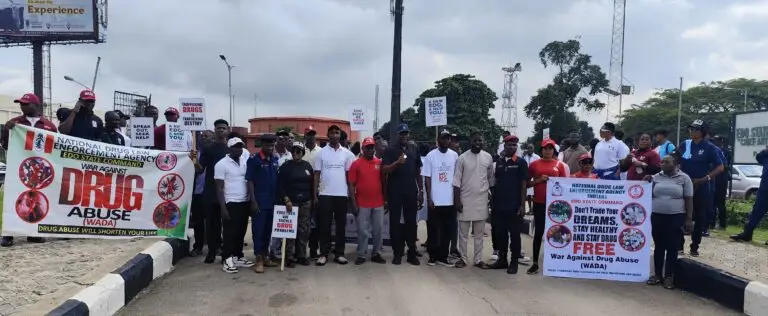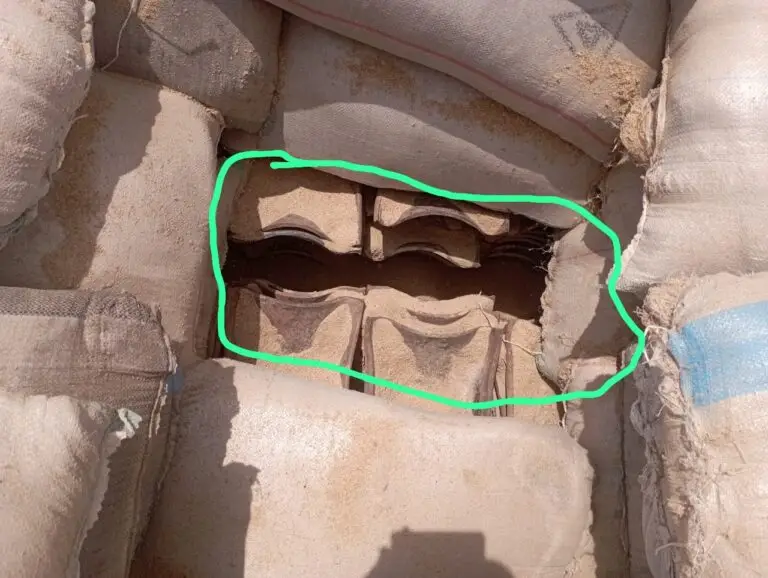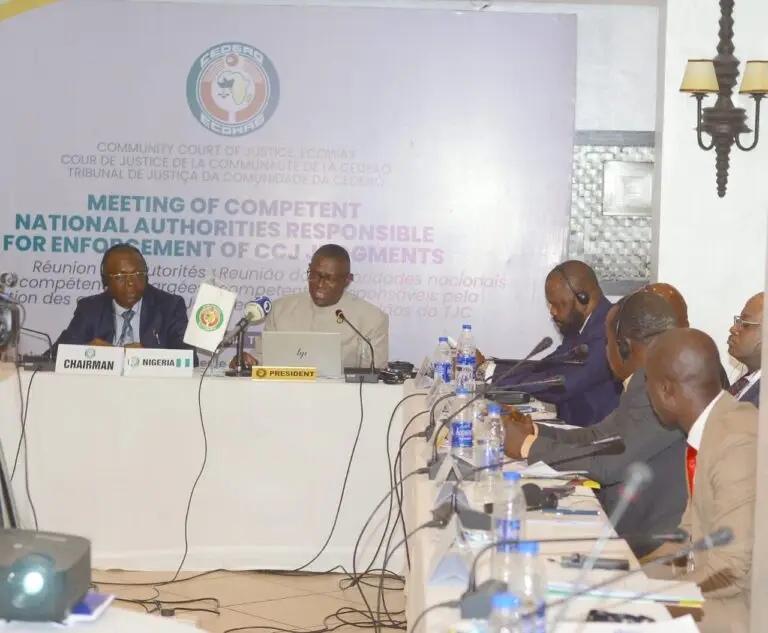Strike: CSOs decry setback in malaria, HIV services in FCT
Strike
By Justina Auta
A coalition of Civil Society Organisations (CSOs) has raised serious concerns over the disruption of malaria, tuberculosis, and HIV interventions in Primary Health Care (PHC) facilities across the Federal Capital Territory (FCT).
The disruption followed an ongoing workers’ strike that had significantly affected the delivery of essential health services in the territory.
The CSOs voiced their concerns during a courtesy visit to the FCT PHC Board and the State Malaria Elimination Programme (SMEP) Secretariat on Friday.
The News Agency of Nigeria (NAN) reports that in March, the joint unions of the Nigeria Union of Teachers (NUT) and the Nigeria Union of Local Government Employees (NULGE) directed workers across the six area councils of the FCT to embark on a sit-at-home strike.
The industrial action was aimed at pressing for the implementation of the N70,000 minimum wage and the settlement of other outstanding entitlements by the area council authorities.
The industrial action had resulted in the prolonged closure of primary healthcare centres and schools, significantly limiting access to essential services for residents.
Mr Samuel Simon, FCT Programme Officer for the TB Network, said their recent visit to PHCs supported under the COVID-19 Response Mechanism and Resilient and Sustainable Systems for Health (C19RM/RSSH) Global Fund Project revealed troubling findings.
He noted that many of the facilities remained shut, hindering access to critical health services at the community level.
“The strike, which has crippled healthcare services, has severely impacted the delivery of essential health programmes, putting vulnerable populations at risk,” Simon stated.
Mr Nathaniel Salifu, FCT Coordinator of the Tuberculosis Network, expressed similar concerns, noting the broader implications for malaria and HIV responses.
“With PHC facilities largely inaccessible, concerns are mounting over a potential surge in untreated cases, disease transmission, and preventable deaths.
“This will have devastating effects, not just on communities, but also on the progress made in achieving universal health coverage,” he warned.
Mr Peter Ikiti, FCT Coordinator for the Network of People Living with HIV and AIDS in Nigeria (NEPWHAN), called on all relevant authorities to urgently address the industrial dispute.
He stressed the need to safeguard health and education services, especially for vulnerable populations affected by the ongoing strike.
Dr Julius Ibecheole, FCT State Coordinator of the Association of Civil Society Organisations in Malaria Control, Immunisation and Nutrition (ACOMIN), also called for immediate action.
“We are calling for urgent steps to resolve these issues and restore uninterrupted healthcare services that protect the health and well-being of residents, especially those most vulnerable to diseases,” Ibecheole said.
Responding to the concerns, Mrs Elizabeth Ladipo, FCT PHC Board State Health Educator, acknowledged the negative impact of the strike on vulnerable communities but assured stakeholders that advocacy efforts were ongoing to ensure a resolution.
Likewise, Hajiya Zainab Ibrahim, Programme Manager of SMEP, noted that some interventions, with the support of development partners, were continuing, particularly around the distribution of malaria elimination drugs.
Meanwhile, Dr Stephen Knabayi, Chairman of the NLC, FCT Chapter, warned that the union would shut down Abuja after July 3 if authorities failed to resolve the ongoing industrial disputes affecting area council workers. (NAN)(www.nannews.ng)
Edited by Abiemwense Moru






